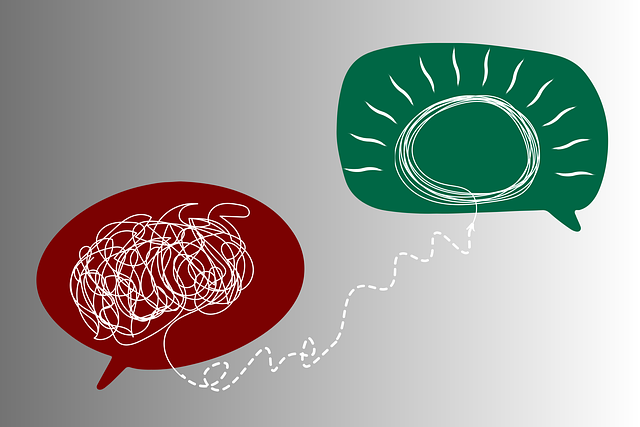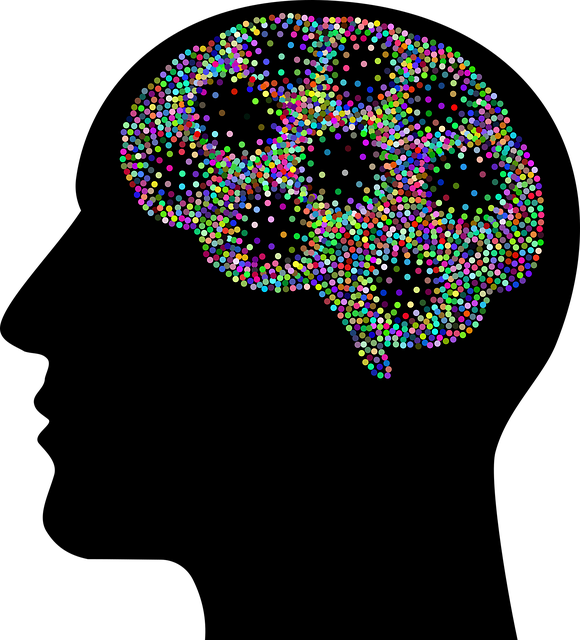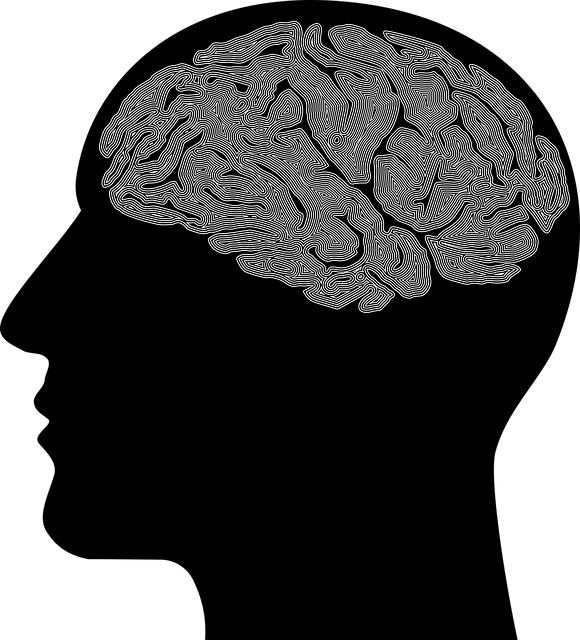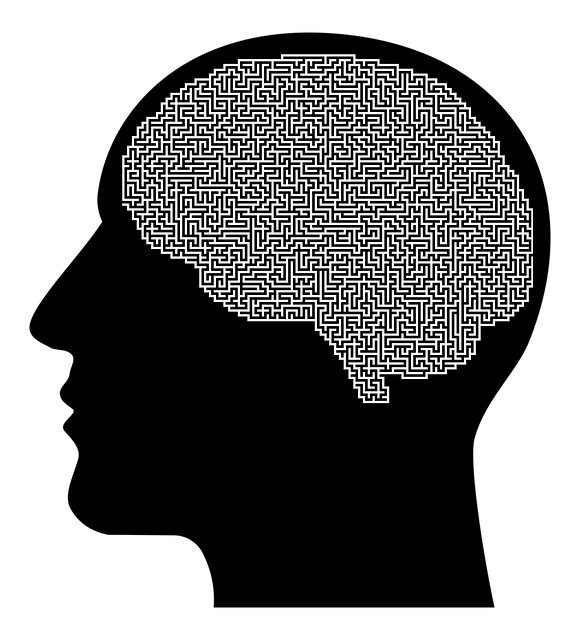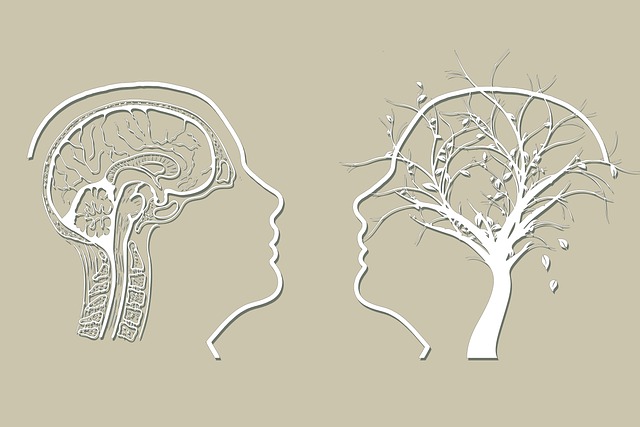Arvada Oppositional Defiance Disorder (ADOD) therapy focuses on changing negative thought patterns and improving emotional regulation through evidence-based practices like cognitive-behavioral therapy (CBT). Effective coaching programs tailor support, incorporate self-care, mentorship, and journaling for individual needs. ADOD treatment involves immediate intervention, long-term resilience building, cultural sensitivity, and collaborative discussions to ensure continuous improvement and emotional well-being.
Mental wellness coaching programs play a pivotal role in addressing complex issues like Arvada Oppositional Defiance Disorder (ADOD). This article delves into the development of effective ADOD therapy strategies. We explore the unique challenges of the disorder and provide insights on designing tailored coaching programs. Key sections include understanding ADOD’s impact, implementing successful coaching models, and continuous improvement techniques. By focusing on these aspects, we aim to enhance the accessibility and efficacy of Arvada Oppositional Defiance Disorder therapy.
- Understanding Arvada Oppositional Defiance Disorder (ADOD) and Its Impact
- Designing Effective Mental Wellness Coaching Programs
- Implementation and Continuous Improvement Strategies for ADOD Therapy
Understanding Arvada Oppositional Defiance Disorder (ADOD) and Its Impact

Arvada Oppositional Defiance Disorder (ADOD) is a behavioral disorder characterized by a recurrent pattern of angry and defiant behavior toward authority figures, including parents, teachers, and other adults. This can manifest as frequent arguments, active rejection of rules, and defiance that goes beyond typical adolescent rebellion. ADOD therapy aims to address these behaviors through various strategies such as cognitive-behavioral therapy (CBT), which helps individuals recognize and change negative thought patterns and improve emotional regulation skills.
Understanding the root causes of ADOD is crucial for mental health professionals conducting risk assessments. While it can lead to academic, social, and family problems, early intervention and appropriate therapy can significantly mitigate its impact. Anxiety relief techniques, coupled with teaching effective communication and conflict resolution strategies, are integral parts of managing ADOD. By focusing on these aspects, coaches can empower individuals to develop healthier coping mechanisms, enhance their emotional regulation, and foster better relationships.
Designing Effective Mental Wellness Coaching Programs

Designing effective mental wellness coaching programs requires a tailored approach that considers the unique needs and challenges of individuals seeking support. A well-structured program should incorporate evidence-based practices, such as cognitive behavioral therapy techniques, to address specific mental health concerns like Oppositional Defiance Disorder (ODD) in Arvada. By integrating these strategies, coaches can facilitate positive behavior changes and emotional well-being promotion techniques for their clients.
Beyond therapeutic interventions, effective coaching programs emphasize the importance of risk assessment for mental health professionals to ensure client safety. Regular self-care practices and mentorship opportunities for coaches are integral components. Additionally, encouraging clients to engage in mental wellness journaling exercises can provide valuable insights into their progress and serve as a powerful tool for reflection and personal growth.
Implementation and Continuous Improvement Strategies for ADOD Therapy

Implementing Arvada Oppositional Defiance Disorder (ADOD) Therapy requires a strategic approach focused on both immediate intervention and long-term resilience building. The initial phase involves assessing the individual’s behavioral patterns, identifying triggers, and tailoring therapeutic techniques to address specific oppositional behaviors. Techniques such as cognitive-behavioral therapy (CBT), mindfulness practices, and positive reinforcement can be employed to help clients understand and manage their emotions effectively.
Continuous improvement is key to sustaining the program’s effectiveness. Regularly reviewing treatment plans through collaborative discussions with the client, family members, and care providers ensures that strategies remain relevant and impactful. Incorporating feedback mechanisms allows for the refinement of techniques, fostering a more personalized approach. Additionally, integrating Cultural Sensitivity in Mental Healthcare Practice can enhance the program’s reach and effectiveness by tailoring interventions to diverse cultural backgrounds, thereby promoting Emotional Well-being Promotion Techniques for a broader spectrum of clients.
Arvada Oppositional Defiance Disorder (ADOD) therapy requires tailored mental wellness coaching programs that address the unique challenges faced by individuals with this disorder. By combining understanding and effective design, implementation strategies, and continuous improvement, we can enhance the accessibility and outcomes of ADOD treatment. These efforts not only benefit individuals but also contribute to a healthier, more supportive community overall, emphasizing the critical role of mental wellness coaching in managing and overcoming Arvada Oppositional Defiance Disorder.


